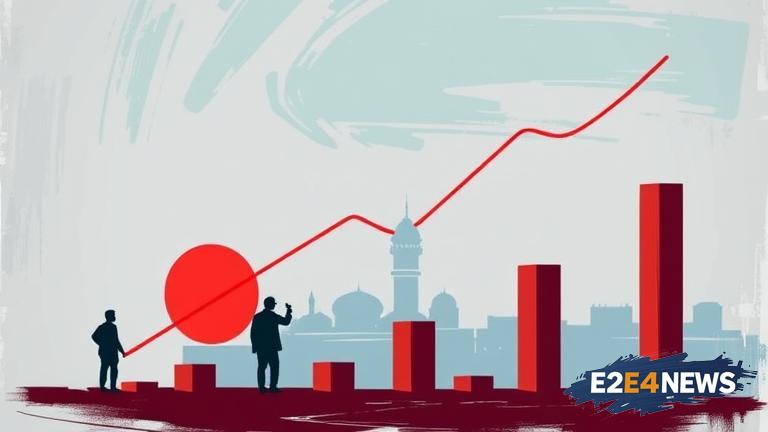The National Board of Revenue (NBR) in Bangladesh has announced that it fell short of its Value-Added Tax (VAT) collection target for the fiscal year 2022-2023. According to the NBR, the total VAT collection for the year was significantly lower than the projected amount. The shortfall in VAT collection is attributed to various factors, including a decline in economic activity, a decrease in imports, and a lack of effective tax administration. The NBR had set an ambitious target of collecting a large amount of VAT revenue, but it was unable to achieve this goal due to the challenges faced by the economy. The COVID-19 pandemic had a significant impact on the economy, leading to a decline in economic activity and a subsequent decrease in tax revenue. Additionally, the Russia-Ukraine conflict also had a negative impact on the economy, leading to a decrease in imports and a subsequent decrease in VAT collection. The NBR has stated that it is working to improve tax administration and increase VAT collection in the future. The government has implemented various measures to improve tax compliance, including the introduction of a new tax law and the establishment of a tax ombudsman. The NBR has also increased its efforts to crack down on tax evasion and avoidance, with a focus on large taxpayers. Despite these efforts, the NBR still faces significant challenges in achieving its VAT collection targets. The lack of effective tax administration and the limited capacity of the NBR to collect taxes are major obstacles. Furthermore, the complexity of the tax system and the lack of awareness among taxpayers also contribute to the challenges faced by the NBR. The government has recognized the need to reform the tax system and has taken steps to simplify the tax code and reduce tax rates. The NBR has also increased its use of technology to improve tax administration and reduce the risk of tax evasion. However, more needs to be done to address the challenges faced by the NBR and to achieve the VAT collection targets. The NBR has stated that it is committed to improving tax administration and increasing VAT collection in the future. The government has also announced plans to increase the VAT rate in the future, which is expected to increase VAT revenue. However, this move has been met with opposition from businesses and consumers, who argue that it will increase the cost of living and reduce economic activity. The NBR has stated that it will work to minimize the impact of the VAT rate increase on businesses and consumers. The government has also announced plans to introduce a new tax on digital services, which is expected to increase tax revenue. The NBR has stated that it is working to implement the new tax and to ensure that it is fair and equitable. Overall, the NBR faces significant challenges in achieving its VAT collection targets, but it is working to improve tax administration and increase VAT revenue. The government has recognized the need to reform the tax system and has taken steps to simplify the tax code and reduce tax rates. However, more needs to be done to address the challenges faced by the NBR and to achieve the VAT collection targets.
